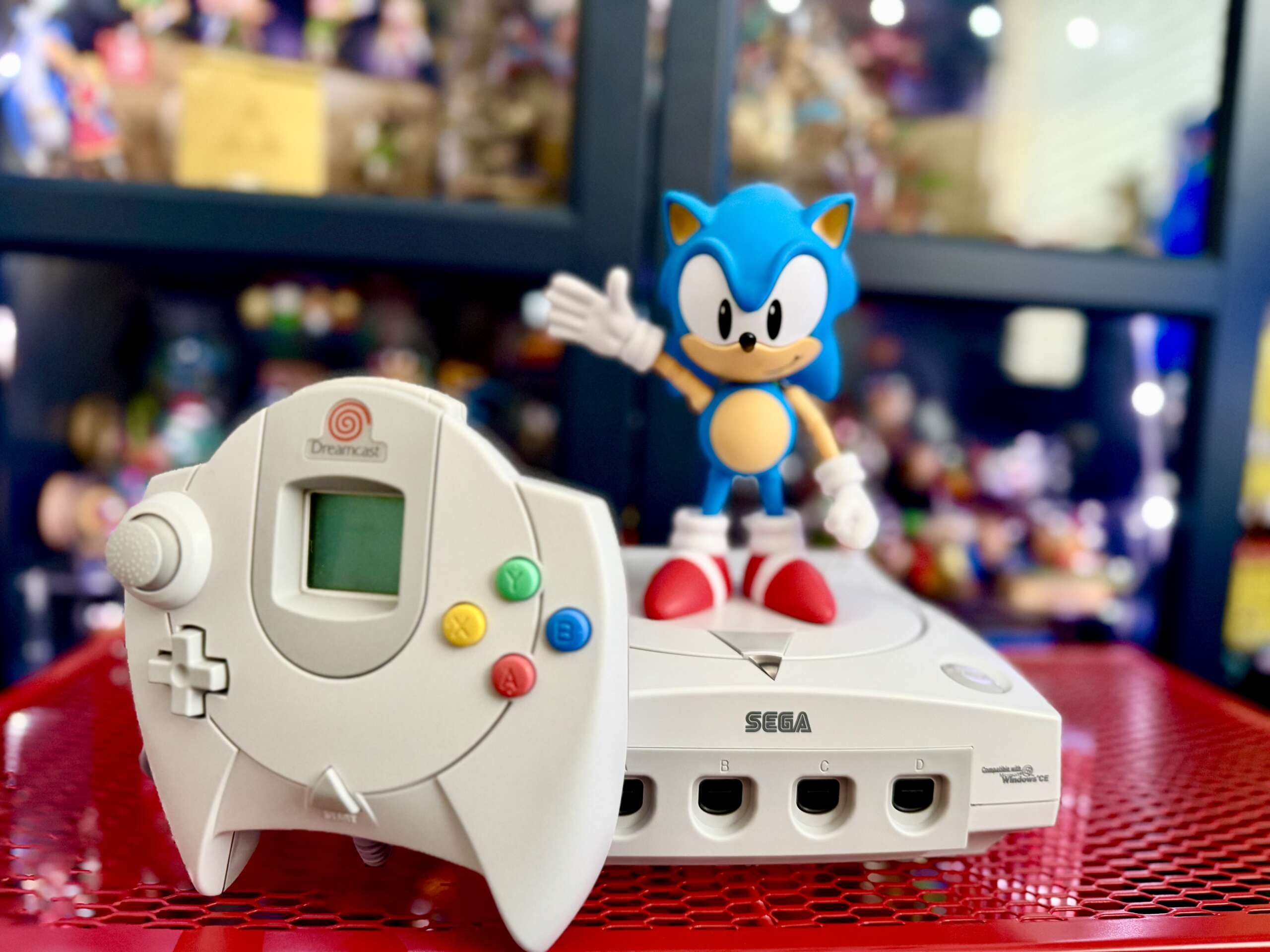Necessary Nostalgia
The rise of the iPhone and the social media revolution brought about an unprecedented level of accessibility, integrating digital content seamlessly into our daily lives. This shift was largely driven by the digitization of products and entertainment, gradually replacing physical media with digital alternatives
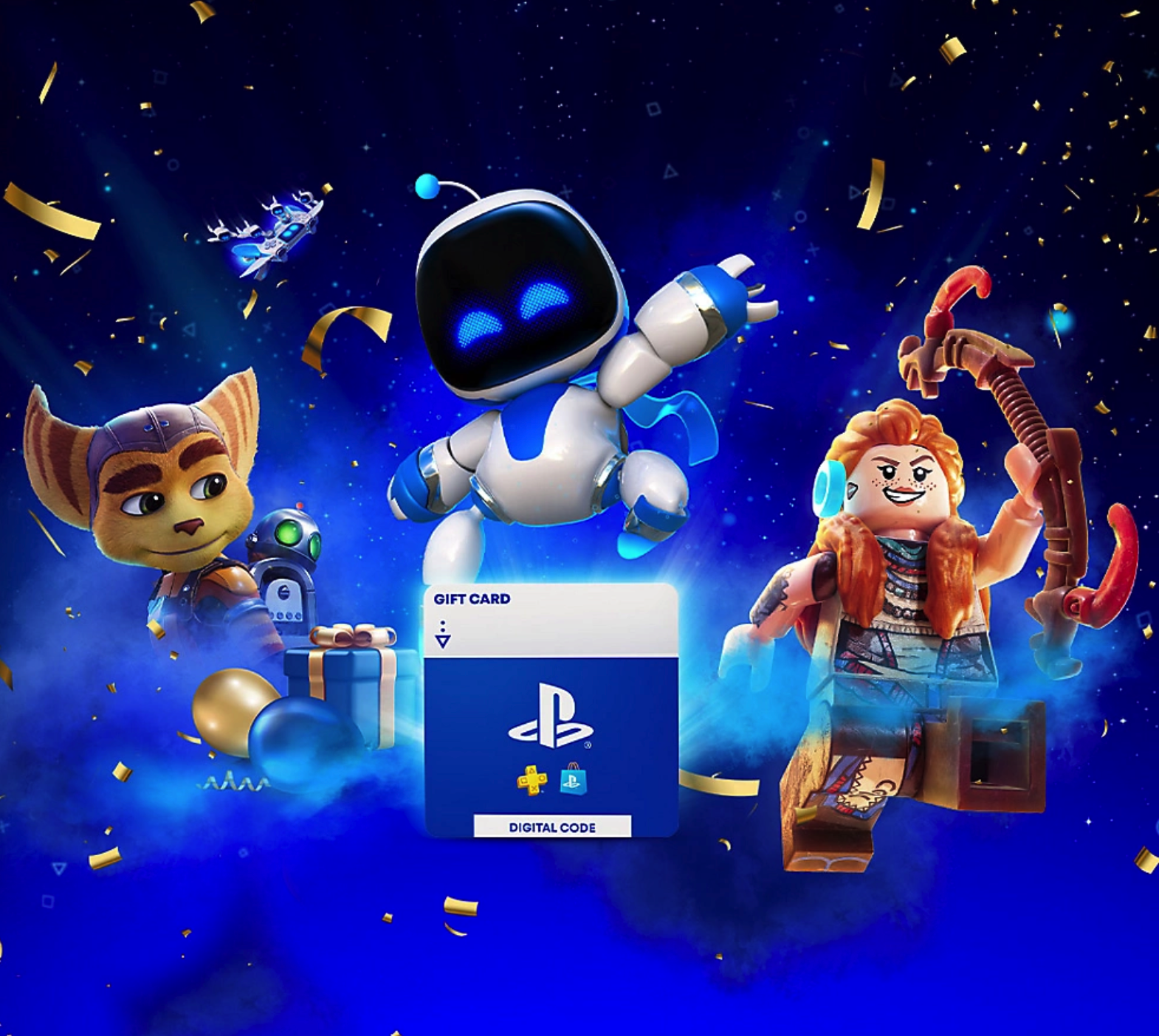
Netflix’s aggressive investment in streaming services reshaped our movie and TV-watching habits, significantly reducing the dominance of the traditional blockbuster culture. While the film and television industries have mostly embraced digital transformation, physical copies still hold significant importance for collectors and console gamers like myself.
The Digital Revolution or Renting Time!

Steam’s groundbreaking move in 2005 revolutionized PC gaming, much like Netflix altered the DVD market. The convenience of instant access to games, without having to line up at GameStop or Best Buy for midnight releases, made digital purchases an attractive option. Microsoft followed suit in the console 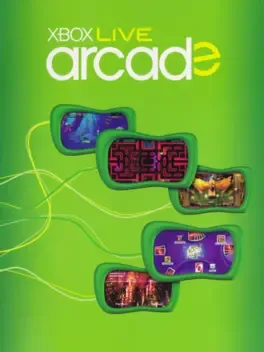 space with Xbox Live and Xbox Arcade, offering exclusive indie titles and online integration.
space with Xbox Live and Xbox Arcade, offering exclusive indie titles and online integration.
However, as with all profit-driven models, the industry gradually shifted from ownership to a rental-based structure. This became evident in February 2025, when a major PlayStation Network outage prevented users from accessing their purchased digital games, reigniting discussions on the importance of physical ownership.
The Golden Horse Armor

During the early days of digital gaming, online services were simply an optional benefit. However, the infamous “horse armor” DLC for The Elder Scrolls IV: Oblivion on Xbox 360 marked the beginning of a new monetization strategy. Game publishers soon realized that keeping players tethered to digital ecosystems provided opportunities for greater control, increased microtransactions, and higher profits.
In 2008, digital sales accounted for only 22% of total game purchases, while physical copies dominated with a 78% share. By 2023, the trend had reversed, with digital sales soaring to 93%, largely due to PC gaming’s complete reliance on digital platforms.
As of 2024, console gaming still maintains a considerable demand for physical media:
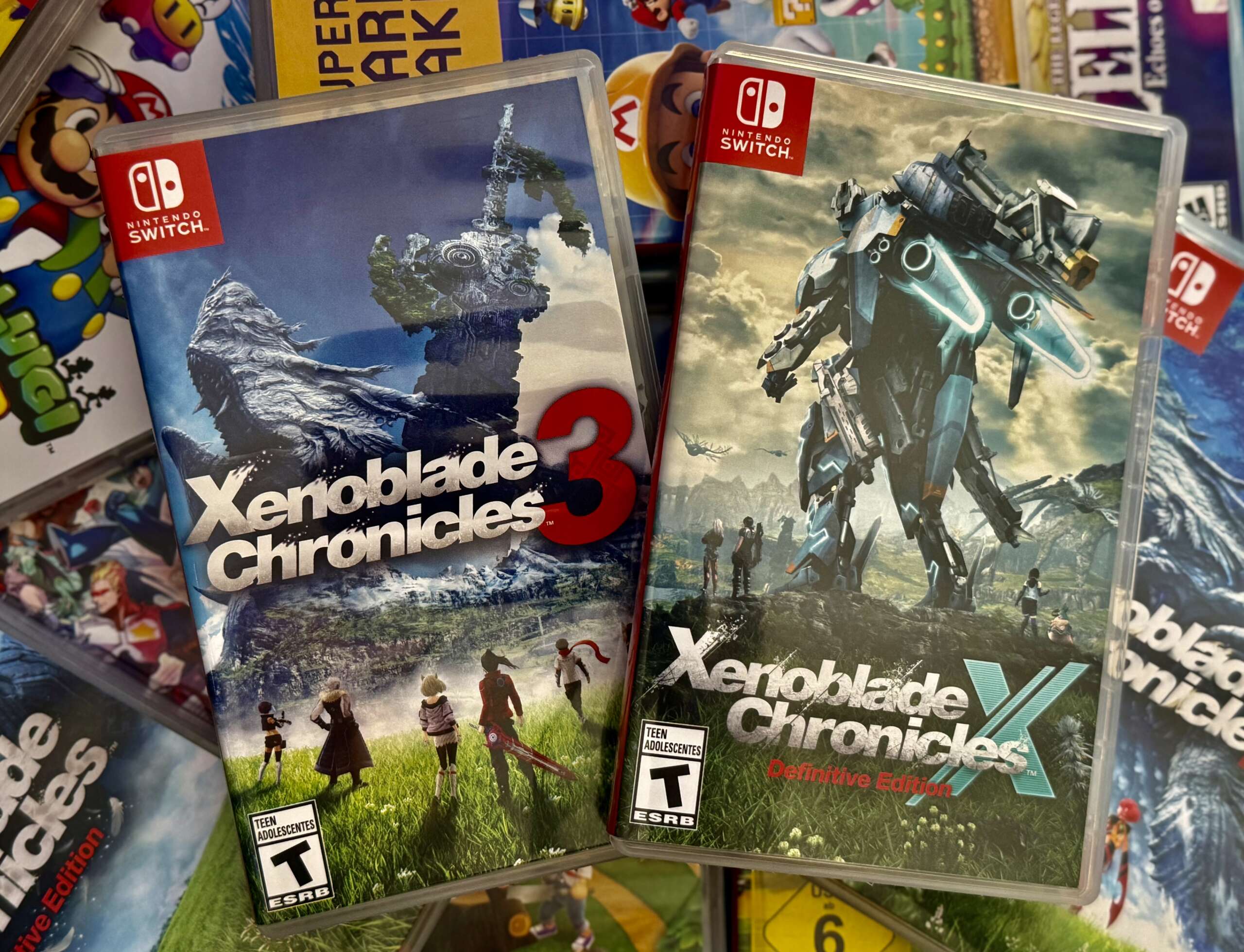
- PlayStation 5: 78% of game sales are digital.
- Xbox Series X|S: Digital purchases account for 91% of sales.
- Nintendo Switch: 47% of users still prefer physical copies.
Nintendo stands out by continuing to emphasize physical media. Despite launching the Nintendo Online service in 2017 and shifting toward account-based game ownership, a significant portion of its sales remains tied to physical copies. This contrasts with Sony’s push for an all-digital future, as seen with the PS5 Digital Edition and the rumored PS5 Pro model with no disc drive.
You Are Not The Owner!
A major concern with digital purchases is that gamers often do not truly “own” their games. Instead, they are granted access under licensing agreements that can be revoked at any time. Legal frameworks already classify digital game purchases as long-term rentals rather than permanent ownership. This means that if a platform decides to delist a game, even paying customers could lose access.

Sony’s PSN outage in early 2025 served as a stark reminder of these risks, preventing players from accessing their legally purchased games and DLC. Additionally, digital platforms are highly vulnerable to hacking attacks. A single password leak or compromised account can result in the complete loss of a game library. Unlike physical copies, which are immune to digital security threats, digital purchases are constantly at risk.
Physical Games Makes You Happy!
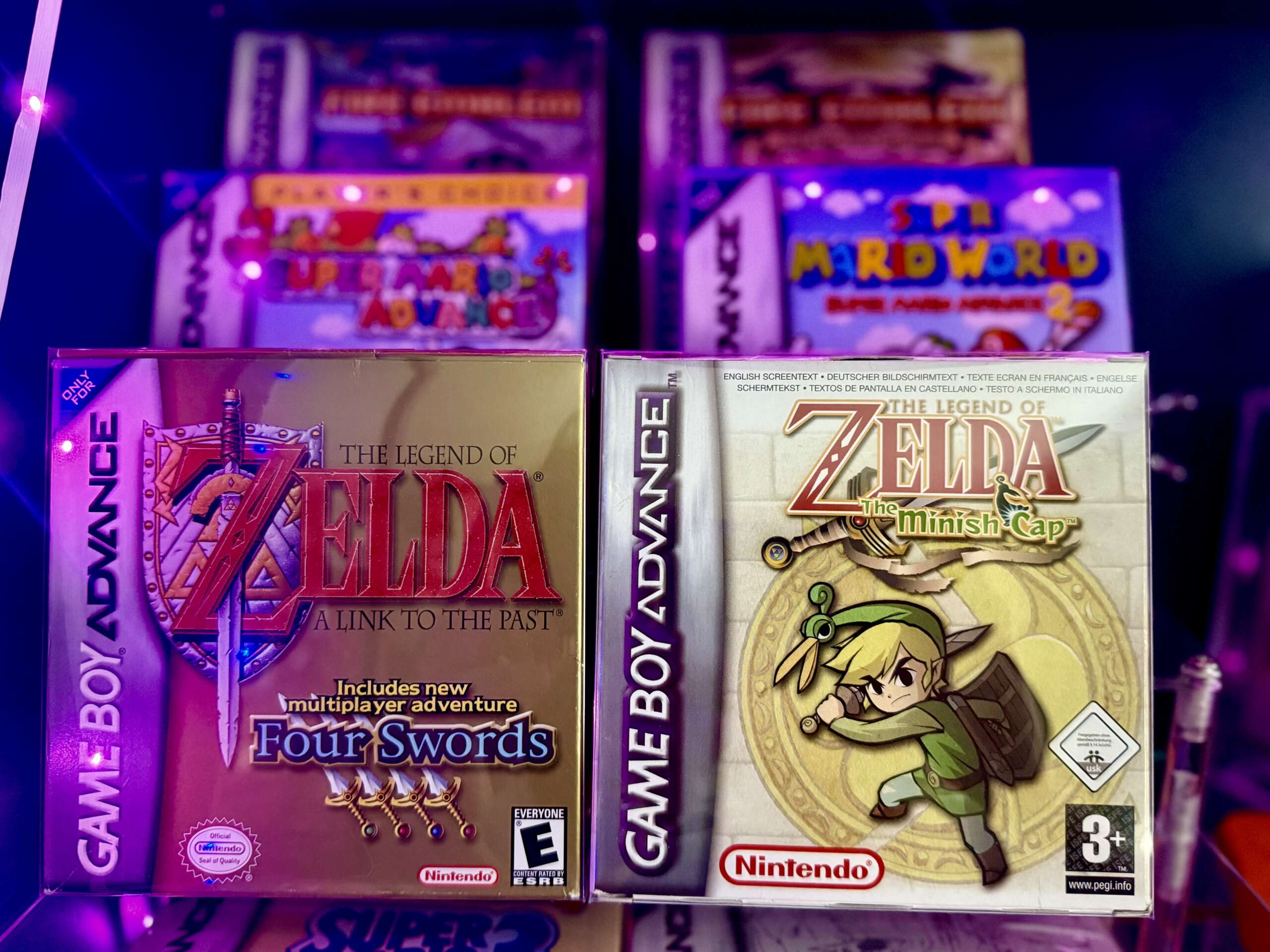
True Ownership – A physical game disc remains yours indefinitely, regardless of publisher decisions or server shutdowns.
Example: Spider-Man: Web of Shadows was delisted from digital storefronts due to licensing issues, making physical copies the only way to play it legally today.

Game Preservation – Many digital games are removed from online stores due to licensing issues, making physical copies the only way to play them in the future.
Example: Scott Pilgrim vs. The World: The Game was removed from digital storefronts in 2014 due to licensing conflicts, leaving physical copies of certain editions as the only way to play it for years.
Better Trade and Resale Options – Physical games can be resold, traded, or shared among friends, whereas digital copies are locked to one account.
Example: Games like The Legend of Zelda: Ocarina of Time (N64) have seen their physical cartridges resold for hundreds of dollars, whereas digital versions have no resale value.
No Forced Online Connectivity – Single-player games on disc do not require an internet connection, unlike digital titles that may be tied to online authentication.
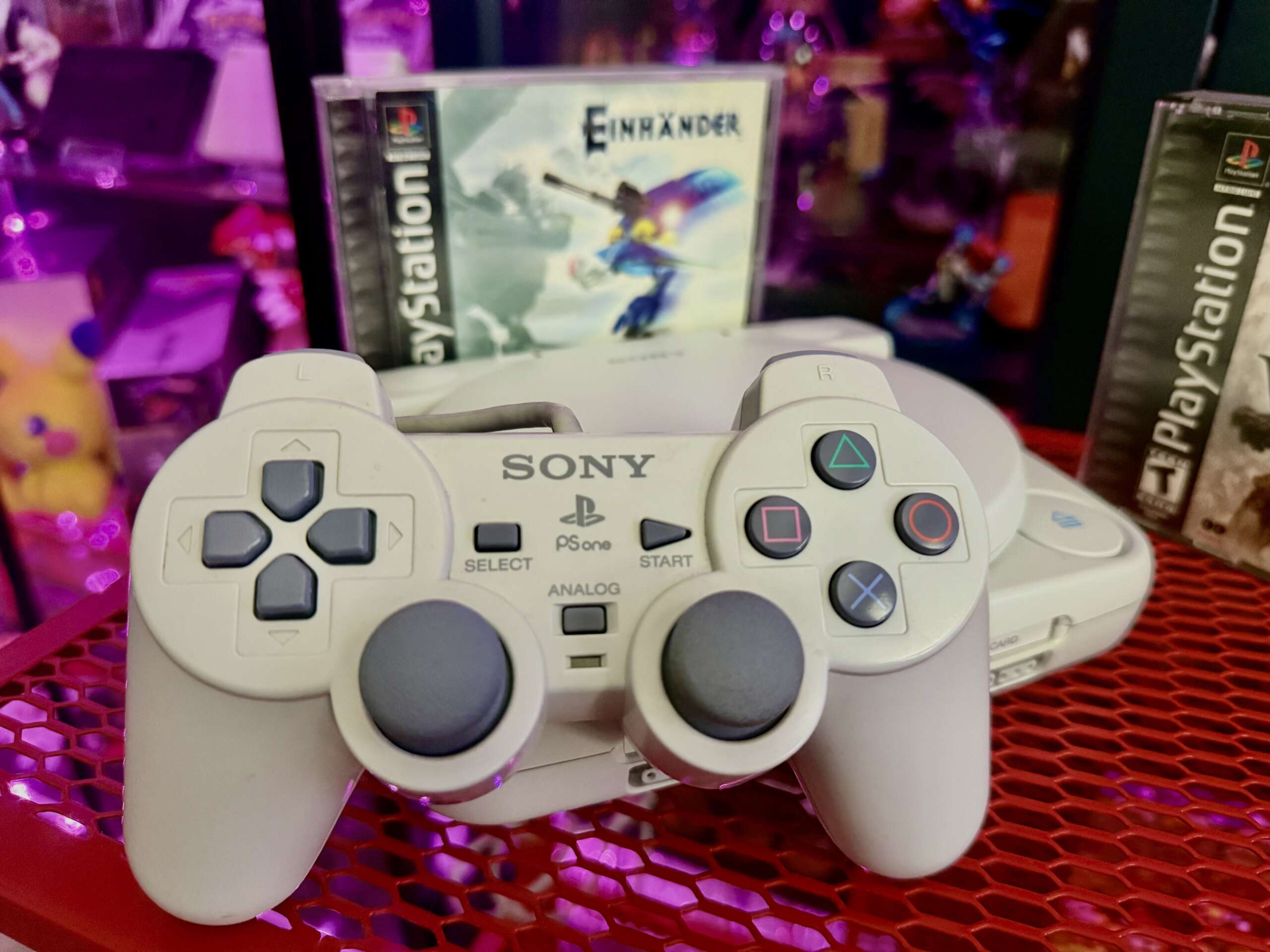
Example: In 2013, Microsoft initially planned an “always-online” requirement for Xbox One, which was later reversed due to backlash. Even today, some digital games require periodic online validation to remain playable.
Collector’s Value – Limited edition and rare physical games often appreciate in value, while digital versions remain intangible.
Example: Fire Emblem Fates: Special Edition (Nintendo 3DS) was discontinued shortly after release and remains the only way to own all three game paths on a single cartridge. While digital versions were sold separately, they became unavailable when the 3DS eShop shut down in 2023, making the physical edition highly valuable.
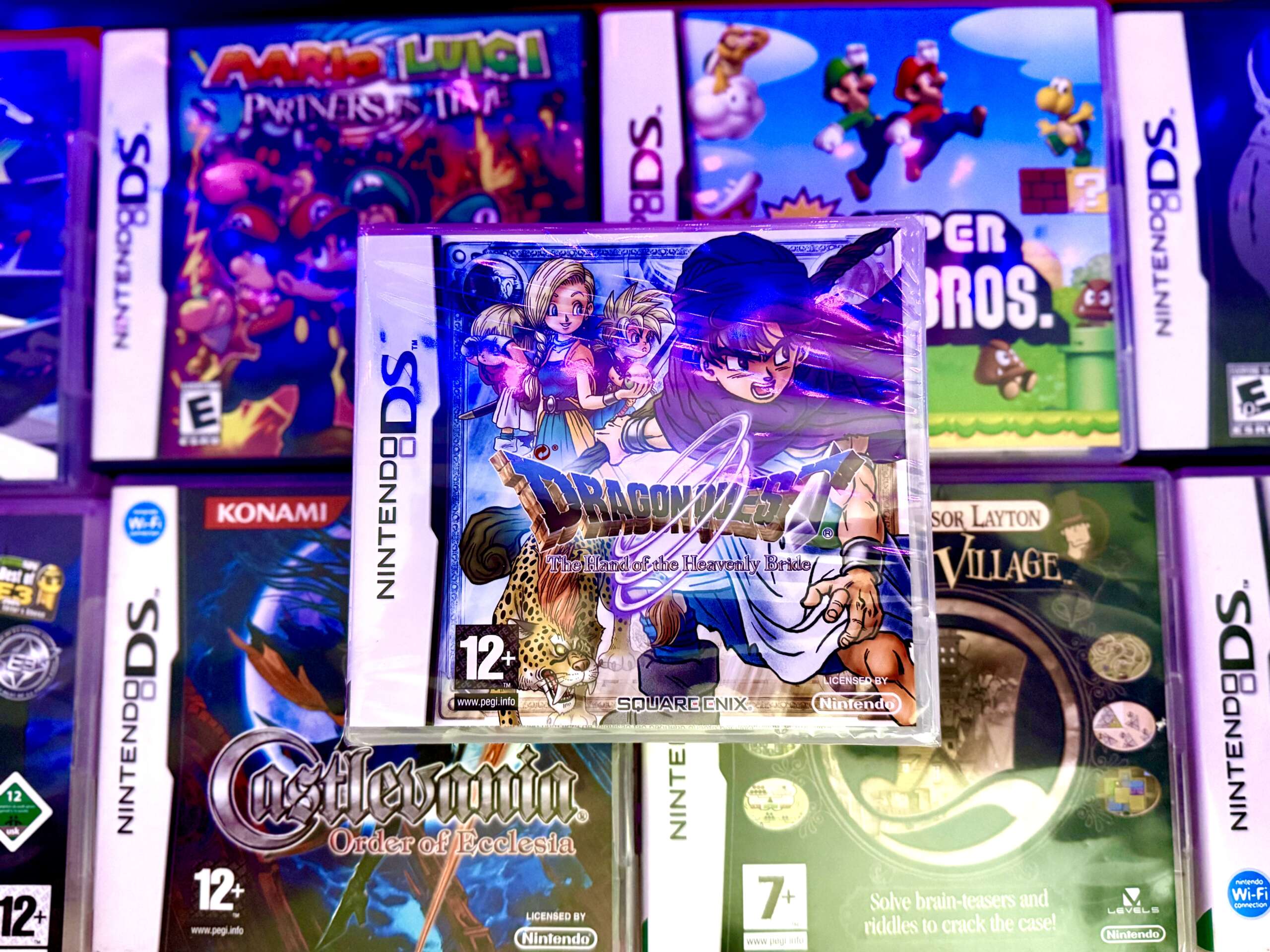
Price Flexibility – Physical games often receive deeper discounts at retail stores, and second-hand markets provide additional savings.
Example: Major retailers like Walmart and Target frequently discount physical games, and pre-owned copies at GameStop are often cheaper than their digital counterparts.
Security Against Digital Loss – Unlike digital libraries that can be wiped due to hacking or account bans, physical copies remain secure and playable indefinitely.
Example: A high-profile case in 2011 saw the PlayStation Network suffer a massive security breach, compromising millions of accounts and leaving players unable to access their digital purchases for weeks. Physical games prevent such risks.
Durability of Physical Media – CDs, DVDs, and Blu-ray discs have proven lifespans of several decades if stored properly, ensuring long-term access to games.
Example: PlayStation 1 discs from the late 1990s still function perfectly today, whereas digital games can be removed from online stores at any moment.
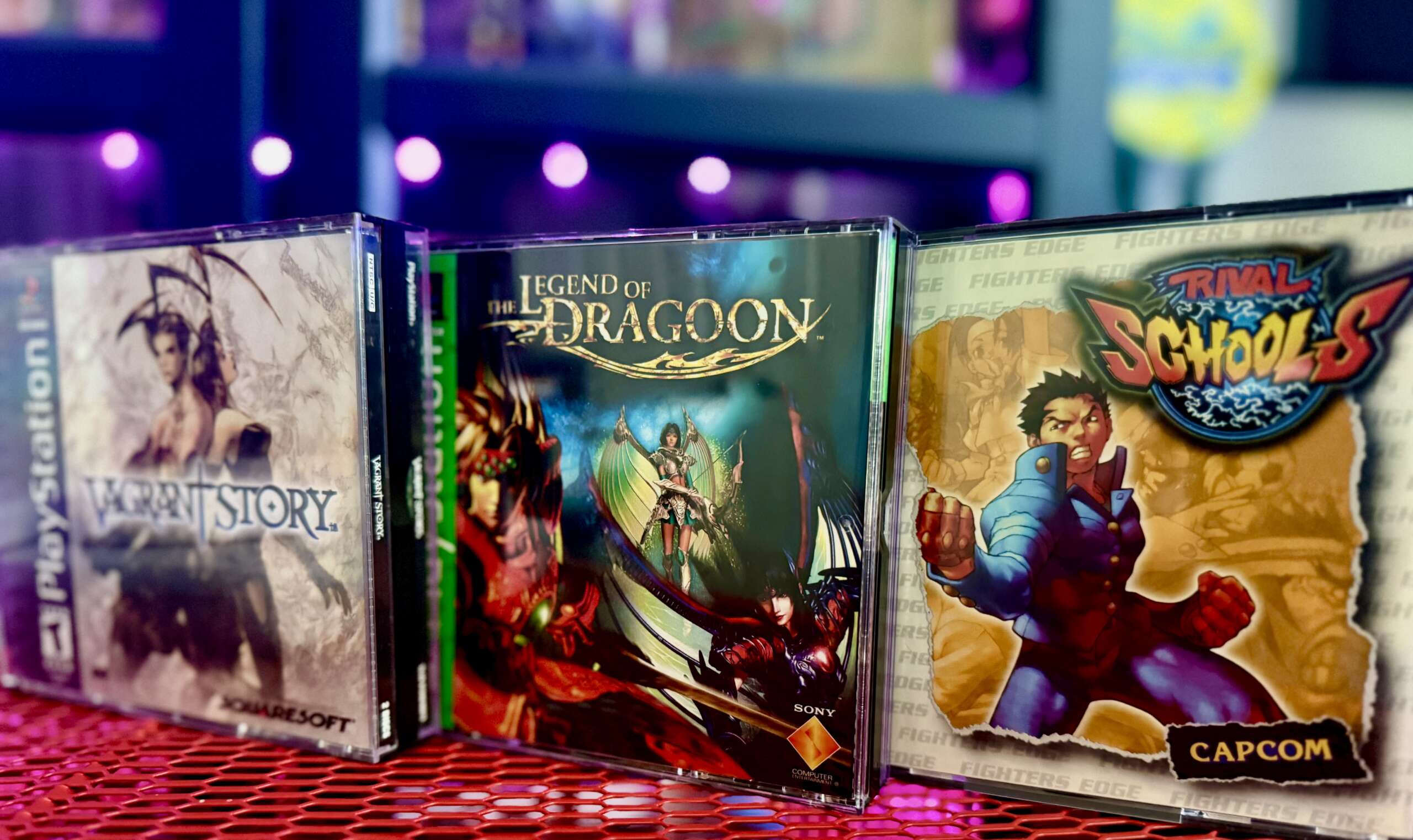
During the PSN outage in February, I was unable to access my downloaded Pacific Drive DLC. Frustrated, I turned to my PlayStation 1, inserted my Vagrant Story disc, and was immediately reminded of the simplicity and reliability of physical media. This moment reinforced my belief that gaming should be about accessibility and ownership, not dependency on external servers.
Additionally, my personal experience negotiating Steam licensing agreements reinforced how fragile digital ownership truly is. While digital platforms promote convenience, they ultimately retain control over access to their games, leaving consumers at the mercy of corporate decisions.
PC gaming has already succumbed to complete digital dependence, with platforms like Steam, Epic Games Store, and Xbox Game Pass eliminating physical releases entirely. If console gaming follows this path, players may lose control over their game libraries.
As gamers, we must advocate for the preservation of physical media. Supporting physical releases sends a message to publishers that true ownership matters. Whether it’s collecting retro titles, purchasing new games on disc, or simply recognizing the risks of a digital-only future, maintaining a balance between digital convenience and physical permanence is essential for the future of gaming.
Physical media isn’t just nostalgia—it’s about preserving gaming history, maintaining ownership, and ensuring that our favorite titles remain accessible.
